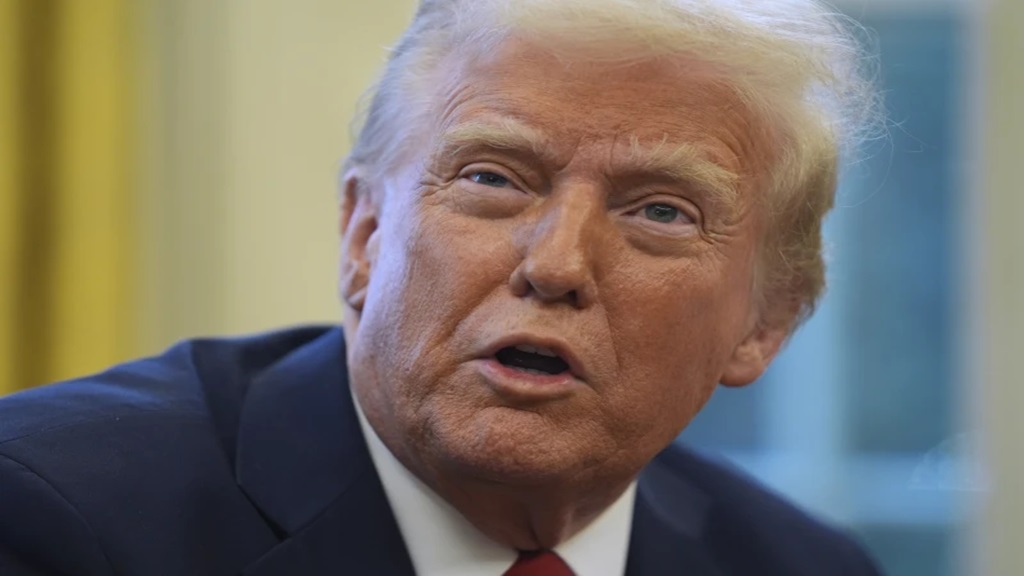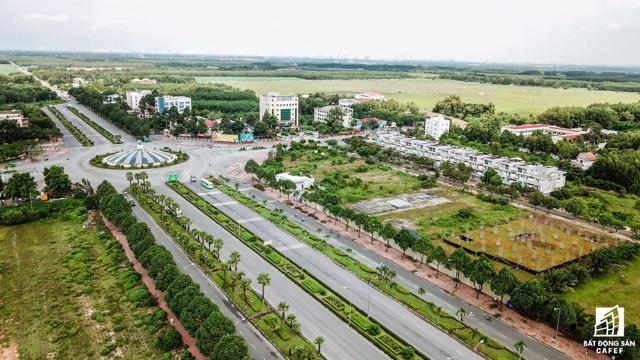Labor is awaiting Ms Cass-Gottlieb’s advice, due this month, which was officially commissioned by the government late last month as Industry Minister Ed Husic launched a series of attacks on the three major gas exporters, which he has subsequently accused of being driven by a “glut of greed”.
“I’m concerned that your advice is going to be incomplete without considering some portions of the market, the less sophisticated [portions],” Senator McDonald told Ms Cass-Gottlieb.
“Not the large manufacturers that have the opportunity to contract directly with the producers. This other element, which is the noisy part that the industry minister is hearing from.”
Senator McDonald also cast doubt over whether the government was tackling the energy crisis effectively.
“So we’re going to have a Heads of Agreement that doesn’t include all parts of the supply chain, but then we’ll have a new agreement for small manufacturers to negotiate [while] the retailers have not been party to the agreement. Do you think that sounds like an efficient way to address this?”
Ms Cass-Gottlieb replied: “We are certainly seeking, senator, to take account of all of our understanding of the supply chain.”
Senior ministers
Finance Minister Katy Gallagher told the estimates hearing that a sub-cabinet group of senior ministers was meeting “frequently” to tackle the energy price crisis.
She said the group comprised herself, Treasurer Jim Chalmers, Minister for Climate Change and Energy Chris Bowen, Resources Minister Madeleine King, Mr Husic and Trade Minister Don Farrell.
“That’s essentially the ministerial working group that’s being advised by secretaries and the agencies,” she said. “That work will advise the prime minister and ultimately the cabinet about what options should be pursued in trying to ease price pressures.”
Senator Gallagher said the group had been “meeting on and off since the government was elected to deal with the mess we inherited”.
“We’ve been dealing in an ongoing way with … threats of having no power to essentially having a shortfall next year to these massive increases [in prices],” she said.
Asked what her “high level” view of the gas crisis was, Ms Cass-Gottlieb said the ACCC was “concerned by the 90 per cent control through intersecting investments in projects and exclusive dealings in relation with these other [gas] fields that sit with LNG producers”.
“There are also concerns focused on supply constraints and [in]sufficient access arrangements in terms of pipelines.
More challenged
“We are also concerned and focused upon the question as to challenges to competition at the retail level. We have a situation with high wholesale prices that means that smaller retailers are more challenged in terms of their operations and are not as actively seeking customers because of the increased costs that they’re facing.
“So, we are looking at competition at each level of the supply chain.”
Mr Bowen told parliament during question time that there was a “270 per cent increase” in gas prices when the Coalition held office.
“On the day the member for Hume [shadow treasurer Angus Taylor] became the minister for energy, gas was $9.40 a gigajoule, and at the time of the election it was $34.75 … a 270 per cent increase,” Mr Bowen said.
“Maybe the gas companies would say that’s fantastic, but Australian consumers would not.”
Note: This article have been indexed to our site. We do not claim legitimacy, ownership or copyright of any of the content above. To see the article at original source Click Here













